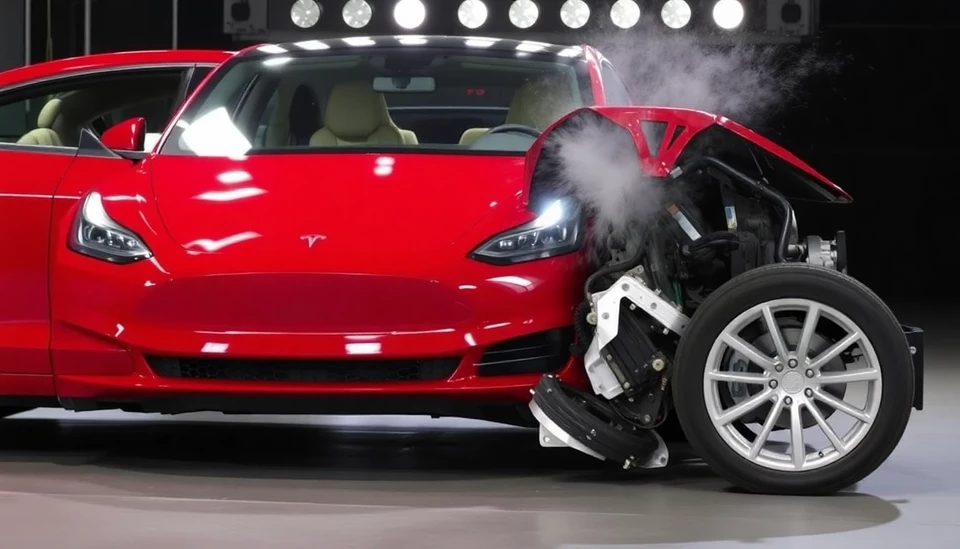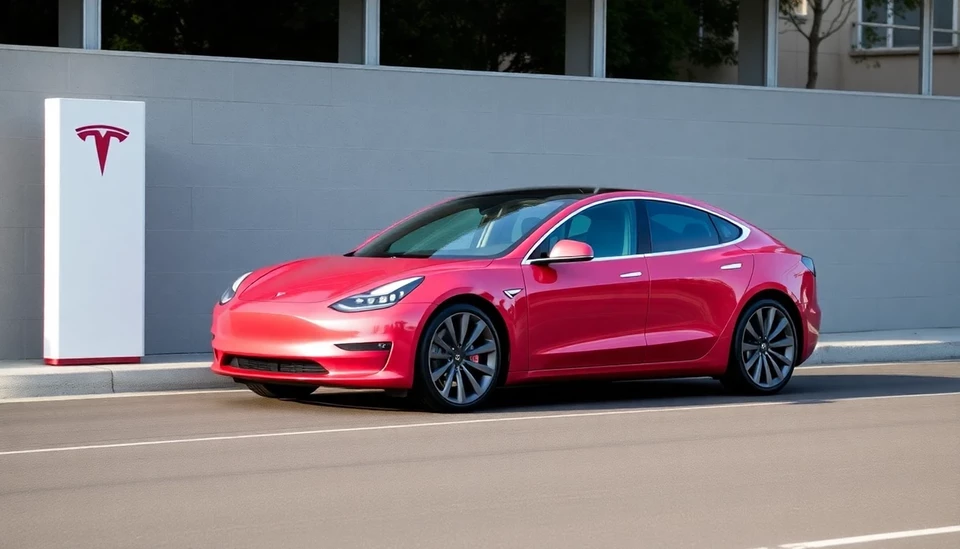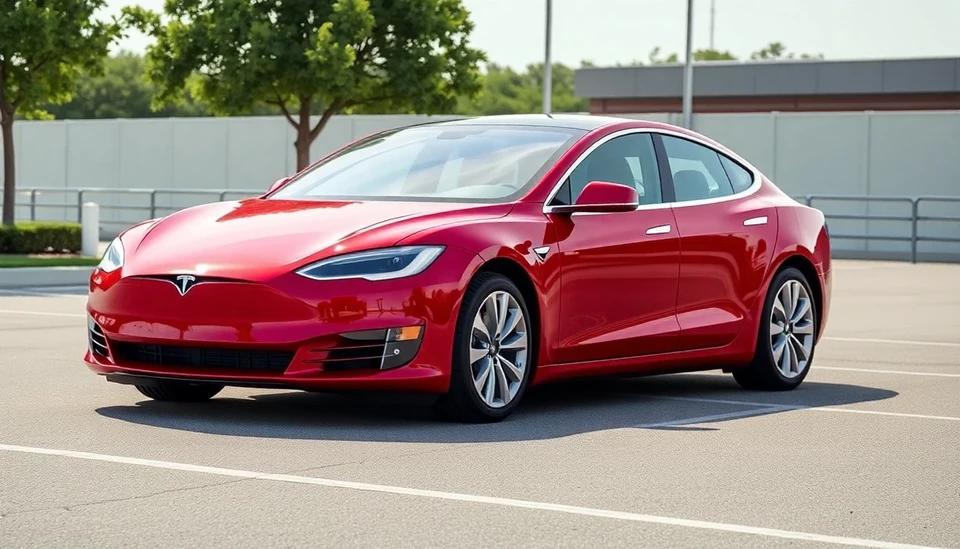
The U.S. National Highway Traffic Safety Administration (NHTSA), an agency that has been actively engaged in a prolonged investigation into Tesla's vehicles, has made the significant decision to cut its workforce by four positions. This development follows a period of intense examination of Tesla's advanced driver-assistance systems, which have been linked to multiple incidents and accidents. The agency's recent staffing changes highlight challenges that could impact their ability to oversee safety regulations effectively, especially in a rapidly evolving automotive landscape.
Recent reports revealed that the NHTSA’s investigation into Tesla has been ongoing for several years, focusing on various incidents involving the company’s autopilot feature and other automated driving technologies. These investigations have garnered substantial public interest and regulatory scrutiny, placing Tesla at the center of a contentious debate regarding the safety of autonomous driving systems.
The decision to reduce staff comes at a time when the agency is facing increased pressure to bolster its resources and capabilities. With the automotive industry moving toward more automated and electric vehicles, the NHTSA's need to ensure public safety amidst these technological advancements is paramount. Critics are concerned that downsizing within the agency may further hinder its investigative and regulatory efforts, particularly concerning companies like Tesla, which are known for their aggressive push into automated vehicle technologies.
As the investigation continues, the NHTSA will likely need to reassess its priorities and allocate its remaining resources efficiently to maintain oversight of the industry. The implications of these staff cuts could stretch beyond just the current Tesla investigation, influencing how various automotive safety regulations are developed and enacted in the future.
Industry experts and safety advocates are closely monitoring the situation, emphasizing the importance of maintaining robust safety oversight as the market evolves. The potential impacts of these staff reductions could resonate through to consumer safety, regulatory effectiveness, and the broader conversation surrounding the future of autonomous vehicle technology.
As the story unfolds, stakeholders in the automotive industry, regulatory bodies, and consumers alike will be observing how the NHTSA navigates these challenges and what actions they might take in response to ongoing investigations and public safety concerns.
In the context of heightened scrutiny and rapid technological advancements, the NHTSA's strategic moves will be critical in shaping the future of automotive safety regulation.
#Tesla #NHTSA #AutoSafety #AutonomousVehicles #Technology #Regulation #DriverAssistanceSystems
Author: John Harris




